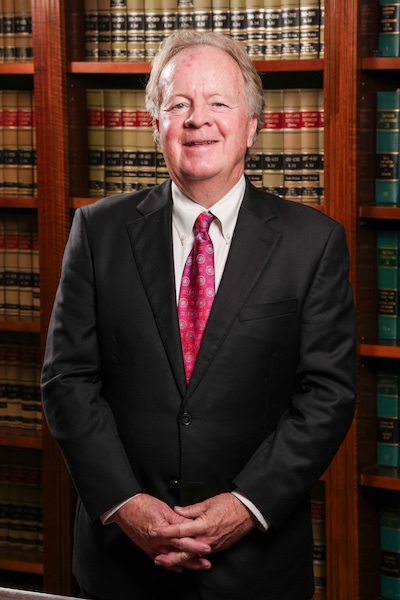 Maryland state universities each have somewhat different systems for dealing with allegations of student misconduct, academic dishonesty and Title lX allegations. The lack of uniformity makes navigating the processes very tricky for students, their parents or guardians and lawyers as well.
Maryland state universities each have somewhat different systems for dealing with allegations of student misconduct, academic dishonesty and Title lX allegations. The lack of uniformity makes navigating the processes very tricky for students, their parents or guardians and lawyers as well.
Some schools do not allow for attorney participation except where the alleged misconduct is also potentially criminal misconduct as well. Some allow attorneys to attend hearings but not speak. Others allow attorneys to actively partcipate in the investigative process but not speak at hearings.
The bottom line is that effective response requires detailed examination of the codes of academic integrity or student conduct in order to determine whether a lawyer is worth the expenditure.
Experience shows that for some cases an attorney will make no difference in the outcome and in others skilled legal guidance can have a dramatic impact.. This is because each system proclaims that it is not intended to be like the legal system and consequently can proceed without the usual protections of due process and the right to confront witnesses against you.
Oddly, the systems that essentially provide no role for an attorney can be the ones most susceptible to attorney influence.
Systems such as the one at The University of Maryland at Baltimore do not permit attorneys at their hearings so defending such a case becomes the accused student's task, and our experience is that they can be "coached up" to ask pertinent questions, pursue important lines of inquiry and to emphasize deficiencies in the case against them.
This can take a lot of work as students have been trained to be deferential to professors and authority figures such as the staff of the office of student conduct. Pointing out the weaknesses and inaccuracies of their accusers takes some courage and training but it can be done and often results in a diminishment of sanctions
To be clear these student hearings rarely result in a finding of complete innocence but attaining a lesser sanction can be a worthy pursuit as an expulsion, suspension or an XF ( F in the class coupled with a notation of academic dishonesty) can negatively affect employment and graduate school opnities.

